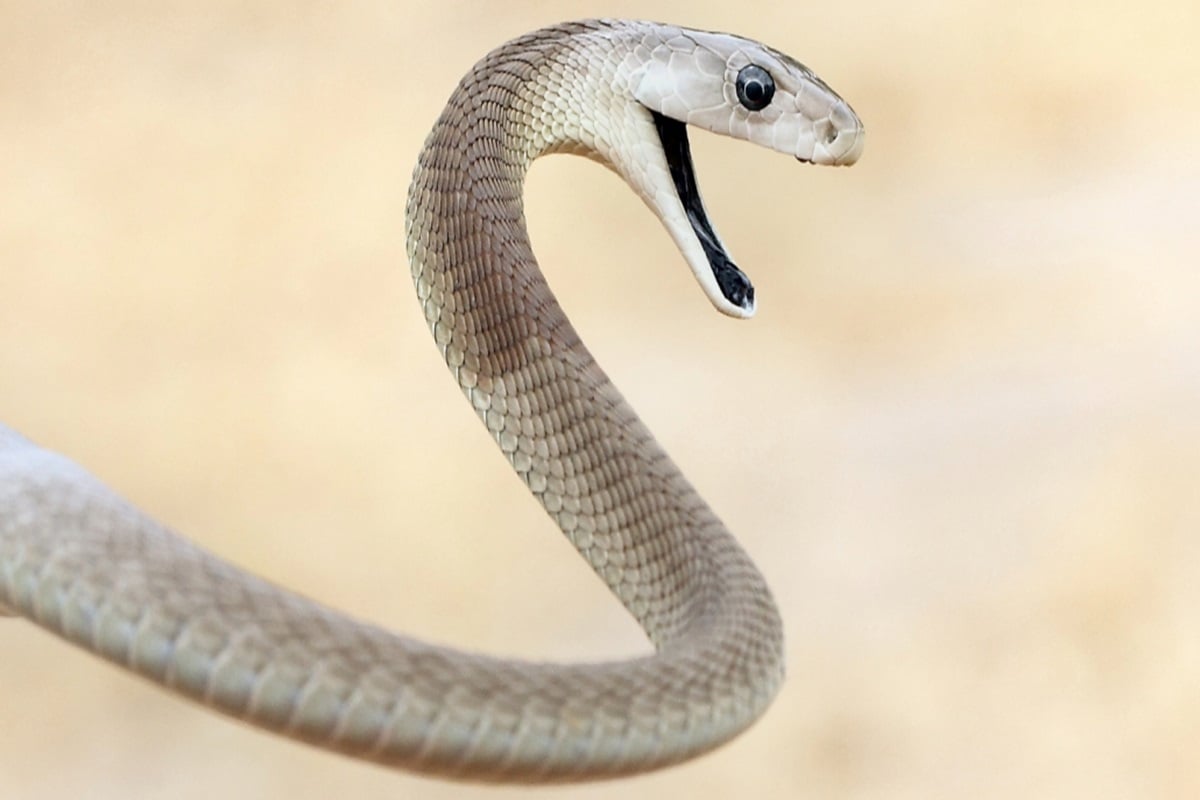Lab-made antibodies might help save people bitten by venomous snakes. Scientists have created a special antibody that can stop the venom from deadly snakes like the black mamba and king cobra. This antibody, made in a laboratory, protected mice from the venom that would normally kill them.

Joseph Jardine and his team from the Scripps Research Institute made this antibody. They say it could become part of a new antivenom to treat snakebites. These new antivenoms could work against many different types of venomous snakes, not just one.
Venomous snakes use toxins to harm people. These toxins can cause paralysis or even death. Each year, snakebites kill about 140,000 people around the world. The antivenoms used today are not very advanced. They are made from animal antibodies and can sometimes make people sick.
Jardine’s team wanted to find a better way to make antivenoms. They searched through billions of lab-made antibodies. They were looking for ones that could stop a dangerous toxin in snake venom called long-chain three-finger alpha-neurotoxins.
When this toxin gets into a person’s body, it acts like a hand with three fingers. One of these “fingers” can shut down muscles and make it hard to move. The antibodies Jardine’s team found can stop this from happening.
In tests with mice, the antibody protected them from venom from snakes like the black mamba and Indian spitting cobra. The researchers are now working on making more antibodies that can target other toxins in snake venom.
But making a single antivenom for all types of venomous snakes might not be possible. Andreas H. Laustsen-Kiel, a biotechnologist from the Technical University of Denmark, thinks it might be better to make antivenoms for specific regions. This way, the antivenom can be tailored to the types of snakes found in that area.
Research on snakebites is not getting enough funding. Millions of people in places like rural India and Africa are at risk of snakebites, but there is not a lot of money to improve treatments. Jardine’s work is supported by the Welcome Trust, a charity based in London. He says that snakebites are not seen as a big problem in medicine. But for people who depend on farming for their families and livelihoods, getting bitten by a snake can be very bad.
Leave a Reply